Madrid has declared war on invaders that threaten the peace of mind of the Spanish capital’s human residents and the survival of native species of birds and animals. The city is to begin a cull of the American raccoons and Argentinian green parrots whose populations are reaching plague proportions.
Both creatures were introduced to Europe as pets and raccoons were sold in pet shops as recently as 2011. Those which escaped or were abandoned have proliferated rapidly. Raccoons were first seen in the area in the early 1970s while the parrots date from the mid-1980s.
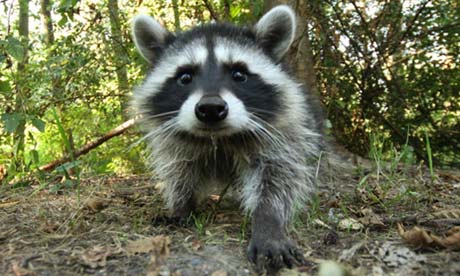
As the parrots live on average for around 10 years, each breeding pair can produce as many as 50 chicks in their lifetime. They build precarious nests in trees and live in large, raucous colonies. The parrots feed on newly-seeded lawns and drive out local bird species, but the main objection to them is noise. Madrid’s once peaceful Buen Retiro park is now filled with the squawking of hundreds of parrots.
The raccoons are also a health hazard as some carry rabies and a parasite (Baylisascaris procyonis) that attacks the human nervous system. They have no predators, but prey on a range of creatures, as well as eating birds’ eggs. They eat everything, from the young of protected species to rubbish.
Although the city has authorised “the capture and death of any specimen” the cull is not a call to arms, however, and the city doesn’t want people to form anti-raccoon militias. Nor will it use poison, but plans to trap and kill the animals. The parrots will be caught in nets and their nests destroyed. “It is not too late to control this population explosion,” said Felipe Ruza, deputy director of environmental conservation for the Madrid area.
This article was written by Stephen Burgen for the Guardian UK.

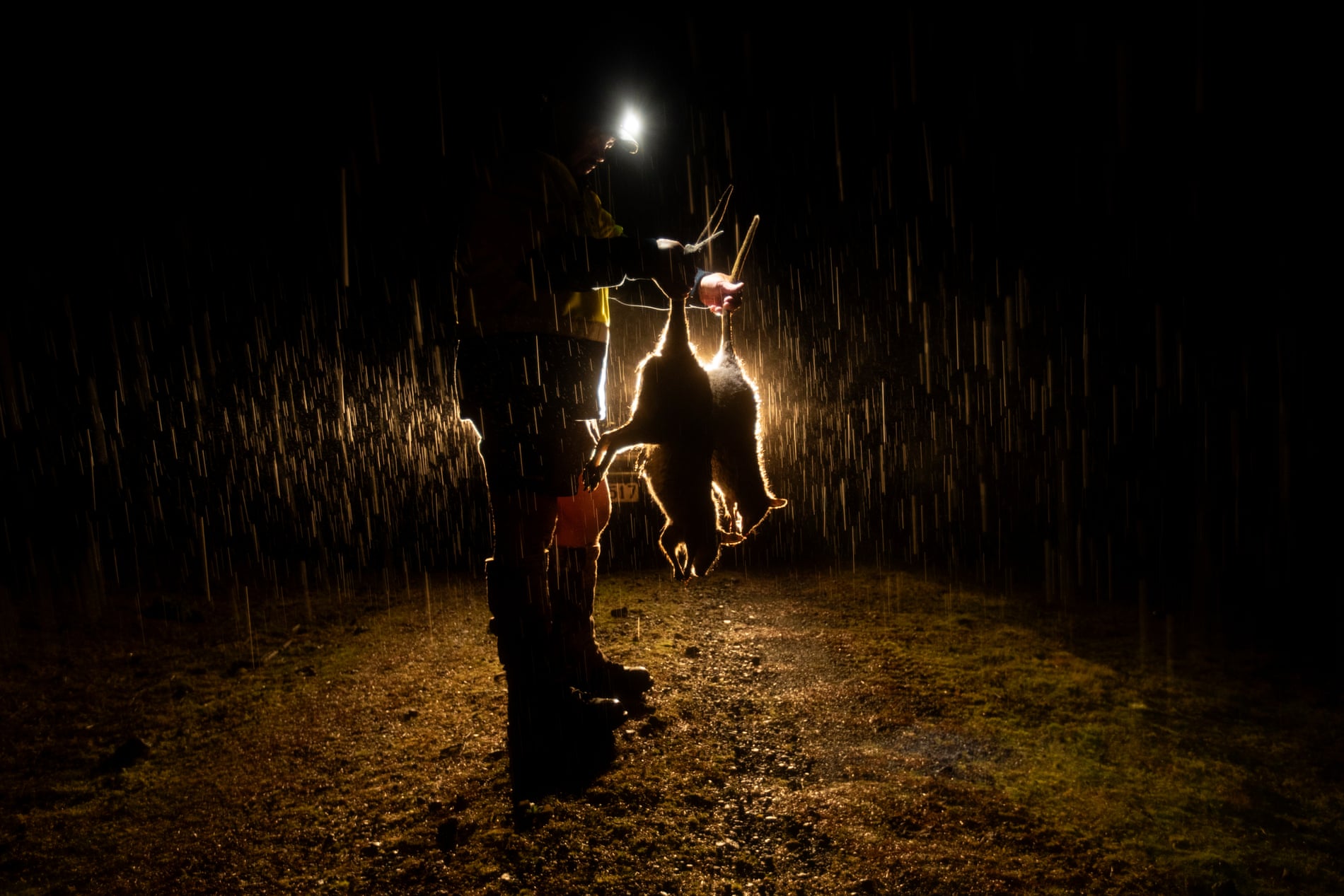
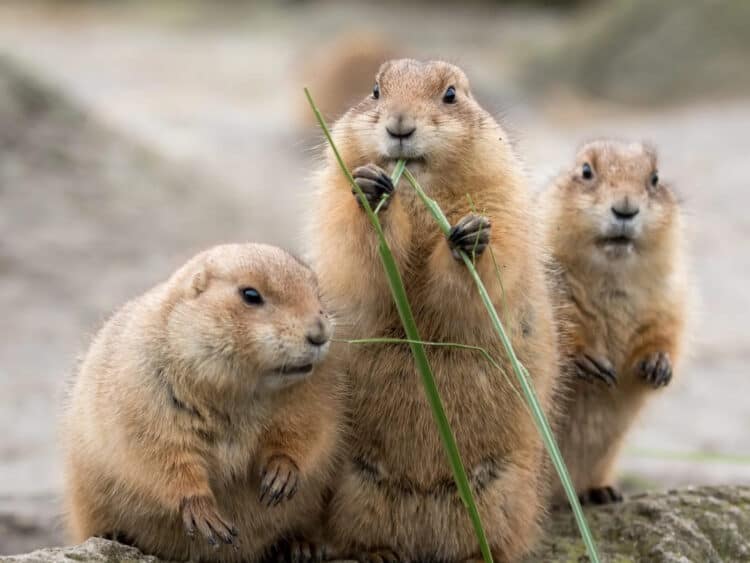
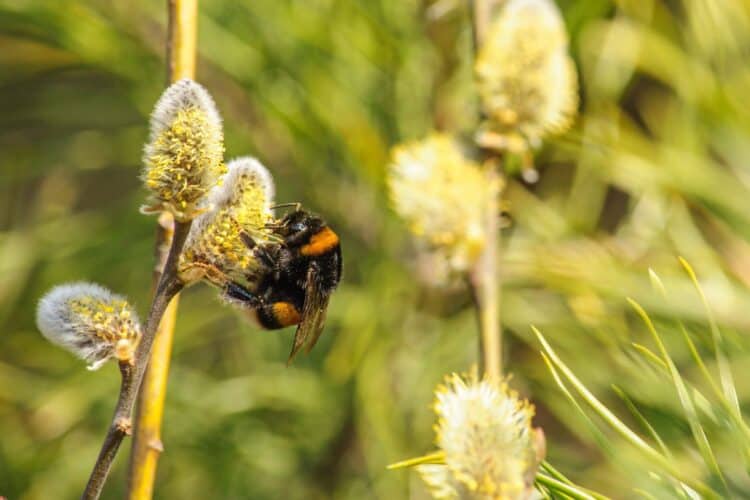

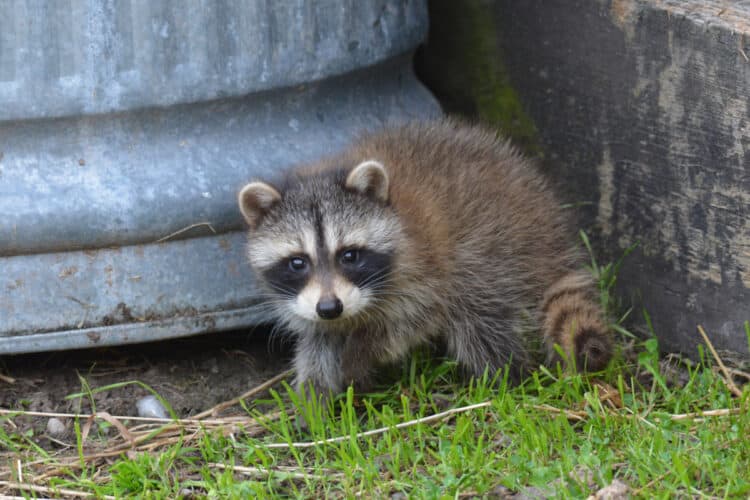

Leave a Reply